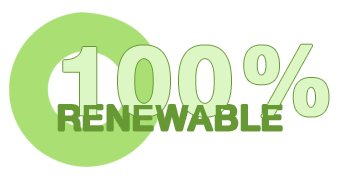Climate change mitigation: Ethanol produced by Pannonia Bio saves more than 70% GHG emissions, when compared to petrol, making it one of the most cost efficient transport decarbonisation measures available at scale.
Contribution to renewable energy production: Renewable transport fuel contributes to the goals set out in the EU’s Renewable Energy Directive. Pannonia Bio offers bio-based products that effectively reduces market share from fossil-based oil.
Reduction of protein feed deficit in Europe: Pannonia Bio’s protein rich feed ingredient (DDGS) substantially reduces the EU’s protein deficit and replaces soya meal imports. DDGS is a sustainable alternative to imported protein feed.
Biomaterials replace fossil based products: Pannonia Bio has an emerging range of innovative products in development (from prebiotics to biopolymers), which not only compete with fossil-based products, but open up exciting potential in lowering the burden on the environment.
Best in class technology: Ongoing implementation of technological innovations to minimize waste and reduce water consumption, make Pannonia Bio’s refinery one of the most efficient biorefineries in Europe.
Performing above standards: Pannonia Bio has met, or over-performed the climate, energy, feed, water and air pollution standards and regulations applicable in EU.
Free of Adverse effects: European ethanol is free of adverse effects on land use or commodities markets as EU farmers have vast reserves of tillage farming capacity in the form of underused land, marginal land and yield increase.



